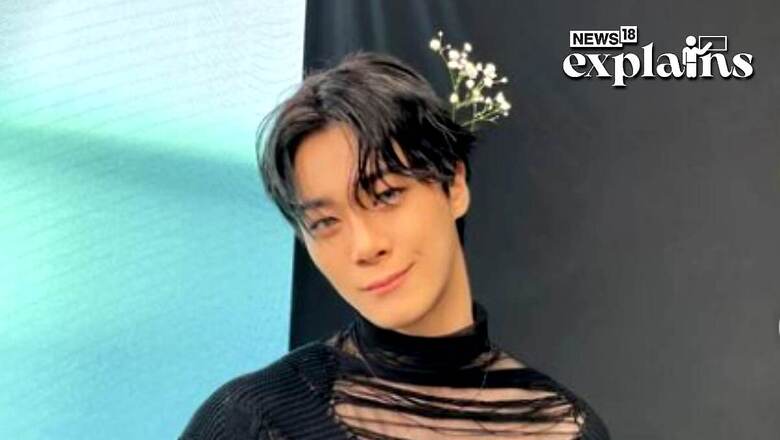
views
K-pop star Moonbin, a member of the boy band Astro, has died, his music label and South Korean police said Thursday, prompting an outpouring of grief from fans. The 25-year-old singer was found dead at his home in southern Seoul late Wednesday, a spokesperson for the National Police Agency told AFP, adding that there was no evidence of foul play.
Moonbin’s label Fantagio Music also released a statement on Thursday confirming his death but without disclosing the cause. “On April 19, Astro member Moon Bin unexpectedly left our world and became a star in the sky,” it said on Twitter. It asked that people “refrain from speculative and malicious reports” so that his family can pay their respects and honour him in peace. The label’s announcement prompted thousands of comments from grieving fans, many expressing disbelief.
South Korea’s Yonhap News Agency, citing an unnamed police official, reported that authorities believe Moon’s death is a case of apparent suicide.
The Dark Side of K-pop Industry
Beneath the glitz and glamour, the K-pop industry is also known for its cut-throat competition, a lack of privacy, online bullying and relentless public pressure to maintain a wholesome image at all times and at any cost, AFP says in its report.
And according to the Diplomat, ‘while the K-Wave promotes South Korea and provides a platform for its cultural influence on the world, this attention is tainted by tragedy. The report argues that K-pop agencies must be held accountable for abuse, suicide, slave labour agreements, demanding training schedules, “no dating” conditions, sexual assault, and sexualization of youngsters. The K-pop business as a whole is built on fragile pillars, despite certain groups’ efforts to project an antifragile image, it says.
What is K-Pop and Slave Labour Contracts?
Before Lee Soo-man formed SM Entertainment in 1996, the ‘popular music industry’ already existed in South Korea. However, Lee’s influence on the music business effectively gave rise to modern K-pop, ushering in a new generation of idols who would go on to rule the regional and ultimately global markets, Meaww explains in its report.
Lee developed a straightforward strategy that involved talent spotting, early training, and debuting as a member of an idol group that reflected the times. Seo Taiji and Boys, widely regarded as the original K-pop idol group and the driving force behind a change in the nation’s censorship regulations, served as an inspiration for the first generation of K-pop artists.
As K-pop gained popularity, additional labels emerged. The ‘Big Three’ of SM, JYP, and YG, however, were able to coast along because of the profits its top artists were taking in, whilst smaller companies found it much harder to break even, Meaww reports. The majority of labels used a system where, if their work started making money, idols would have to pay back the cost of their training, which included singing, dance, and language courses in addition to living expenses.
They would also be asked to sign contracts that stated they were to allow their labels to regulate everything from their diets to their relationships and social life in order to uphold the ‘image’ of the label as well as the character painstakingly crafted for each idol. Aspiring idols who were eager to fulfil their aspirations would frequently end up signing agreements of this kind when they were just 12 or 13 years old, with the agreements themselves lasting 10 or more years. This arrangement became known as a “slave contract.”
According to ED Times, these arrangements are inherently exploitative in nature as idols are bound by these contracts to keep a specific weight, wear specific attire, and always appear flawless.
‘No Dating Clauses’
The South China Morning Post reports that male and female trainees are kept strictly apart by K-pop agencies in order to “prevent any danger of the biggest teenage distraction of all, romance, coming in the way of their professional practice.”
Male and female trainees weren’t even permitted to look at each other or say hello, let alone be in the same room, according to Blackpink’s Rosé, who made the revelation on the chat show Radio Star in 2017. In order to accomplish that, alternate dining times would be set up, and the managers of the females would keep a close eye out to make sure no boys were hanging out, or even obstruct the view of any male coming through. The report explains that once a band makes its debut, the regulations become more lenient and musical collaborations are welcomed.
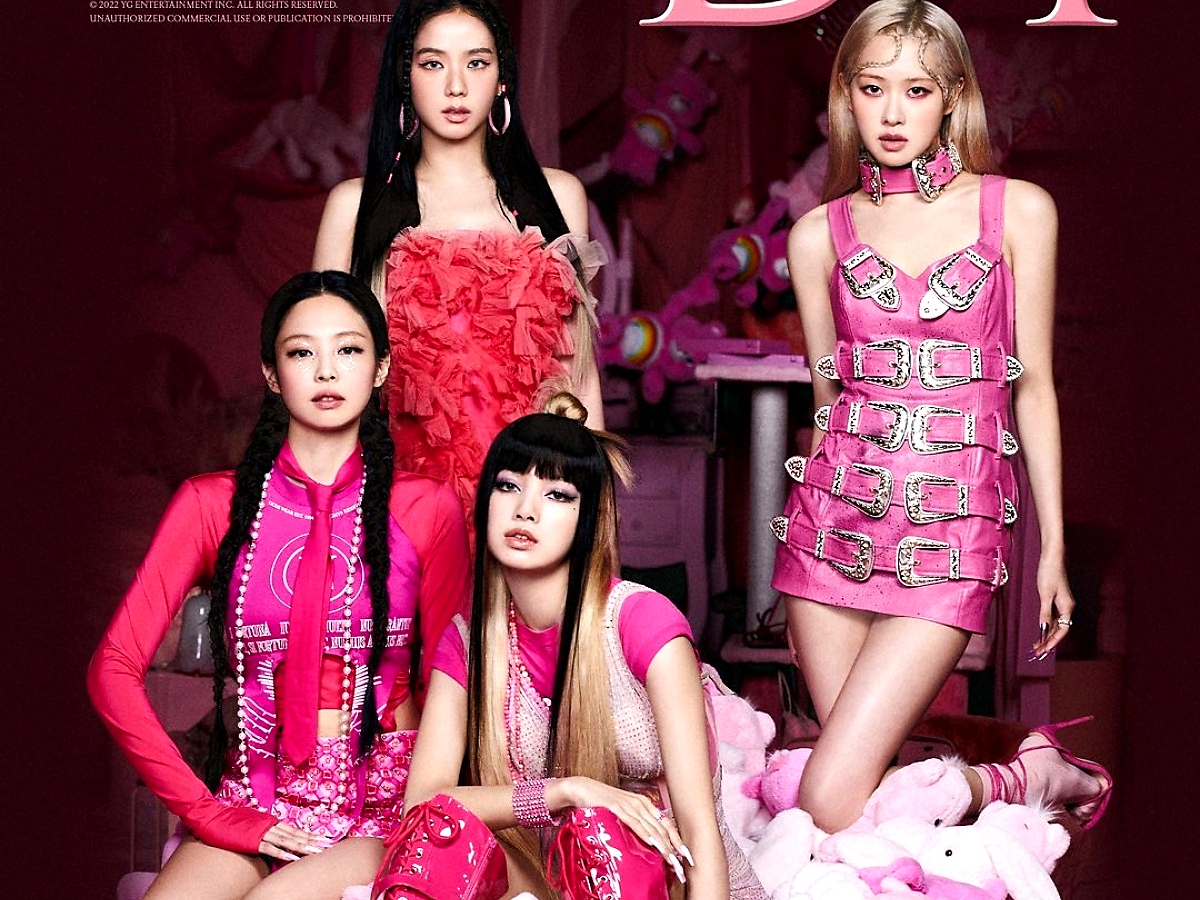
The company that represents Twice and Got7, JYP Entertainment, is well known for upholding a stringent no-dating policy until three years after a singer first becomes well-known. “After the debut, I advise them to not meet friends and only stay focused on practising for three years,” founder Park Jin-young wrote on Twitter. He clarified the regulation in an interview from 2015 by stating, “It’s only for three years. They may then invite their boyfriends home, and I will pay for dinner.”
The three-year countdown is frequently brought up, and JYP idols are frequently questioned about how many months are remaining before the end of their third year.
No Phones?
As per SCMP, many K-pop stars have claimed so far that they are frequently only given access to their personal phones after achieving first position in a music competition.
The girl group GFriend said in 2016 on the programme Immortal Songs: Singing the Legend that they only recently acquired personal phones after winning a music competition. Tiffany Young, a former member of SNSD who is currently working alone, also revealed on the Zach Sang Show in 2018 that none of the other members had smartphones when the project first began, so she had to step outside to a phone booth to call her parents in the US from abroad.
Mental Health Issues
The word “idol” is defined as “the image of a god” and is used to describe well-known K-pop performers in South Korea. Even though it may sound glamorous, this moniker is somewhat of a curse for artists, explains a report by Creatrip. Why? Considering that the general people and the media hold them to standards that only actual deities could meet.
The almost inhuman idols – from no dating clauses, to physical and mental antifragility often result in mental health problems for trainees and idols. Not being able to live up to these expectations have also resulted in cases of cyber harassment and bullying.
The media and the general public frequently seize upon images of idols standing on one leg or making a sour face and circulate them, stating that this is evidence that the idols have a “attitude problem”. As a result, idols grow accustomed to holding their emotions inside, which frequently leaves them feeling anxious.
The K-Pop Suicides
Several other young K-pop stars have died of suspected suicides in recent years, including Goo Hara who passed in 2019. She had been abused by an ex-boyfriend who, after they split, blackmailed her over their sex videos.
The suspected suicide occurred a month after her close friend, K-pop star Sulli, took her own life after a long struggle with online bullying, prompting demands in South Korea for stronger punishments for cybercrimes.
Sulli’s death echoed that of fellow K-pop star Jonghyun, who took his life in 2017 after battling depression.
Entertainment reporter Kim Dae-O, who has reported on 30 such suicides, writes for the Guardian, “the South Korea’s entertainment industry itself has to bear a lot of the responsibility. It treats celebrities as commodities from whom a few powerful agencies can squeeze as much income in as short a time as possible. Many celebrities are spotted as children and are not taught valuable life skills, only how to sing and dance. The situation is worse for female celebrities, with the public more interested in every salacious detail of their lives.”
Remembering Moon Bin
Moon Bin — who performed as Moonbin — was a member of the group Astro and also performed with a sub-group called Moonbin & Sanha. He joined Fantagio’s trainee programme at an early age and was an actor and child model before debuting with Astro in February 2016.
Prior to his passing, Moonbin & Sanha had been set to perform at the upcoming Dream Concert — one of the largest K-pop joint concerts in South Korea — in May.
The group had also been in the middle of their Diffusion Fan Con Tour across Asia, and had launched an official fan community page on Weverse — the global fandom platform from K-pop megastars BTS’s agency HYBE — recently.
We will never forget you, MOON BIN ️ pic.twitter.com/q7stSZmiCK— eunwoo.o_c (@ArohaIczy) April 22, 2023
“While no passing from any artist is ever to be expected, Moonbin’s untimely passing was all the more shocking given how active the young star was, even the week of his death,” Jeff Benjamin, Billboard’s K-pop columnist, told AFP.
“No one around him saw this coming, but what we can keep is his undeniable smile,” he added.
“I’ve seen its brightness compared to the Cheshire Cat from ‘Alice and Wonderland’, and the wonderful music and performances he gave us.”
“It’s always the people who smile the most who suffer the greatest,” one of Moon’s fans wrote.
“When the sky shines beautifully we’ll think of you and when the stars shine bright we will think of you.”
This news piece may be triggering. If you or someone you know needs help, call any of these helplines: Aasra (Mumbai) 022-27546669, Sneha (Chennai) 044-24640050, Sumaitri (Delhi) 011-23389090, Cooj (Goa) 0832- 2252525, Jeevan (Jamshedpur) 065-76453841, Pratheeksha (Kochi) 048-42448830, Maithri (Kochi) 0484-2540530, Roshni (Hyderabad) 040-66202000, Lifeline 033-64643267 (Kolkata)
With inputs from AFP
Read all the Latest Explainers here










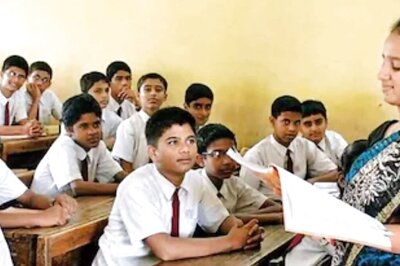




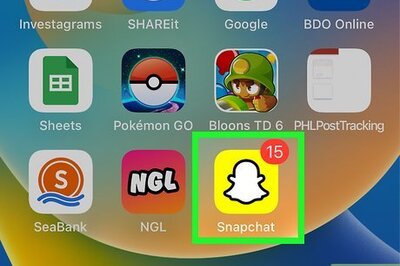



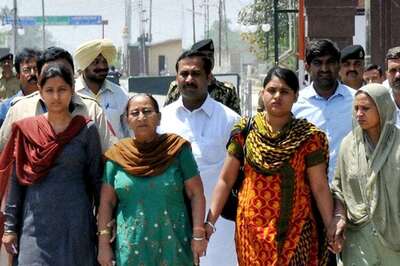
Comments
0 comment